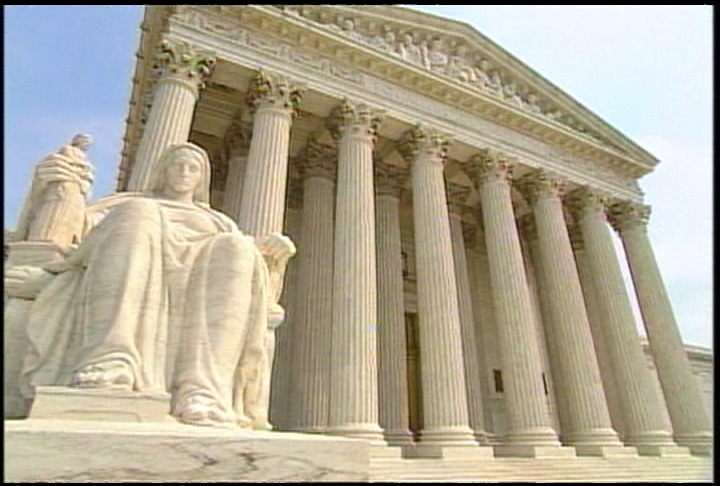Amicus Filed in Major Dodd-Frank Act Case, Digital Realty Trust v. Somers

On Tuesday, October 17, 2017, the National Whistleblower Center filed an amicus brief before the Supreme Court of the United States in Digital Realty Trust v. Somers (No. 16-1276).
The issue in Somers deals with the definition of “whistleblower,” and whether the anti-retaliation provisions in the Dodd-Frank Act cover whistleblowers who report securities law violations through internal corporate compliance mechanisms, without reporting to the Securities and Exchange Commission (“SEC”).
The Dodd-Frank Act is an important Wall Street reform law, authorizing the SEC to determine the “manner” in which an individual can provide information on securities law violations to the SEC, and therefore qualify as a whistleblower. The Dodd-Frank Act also explicitly includes reference to the Sarbanes-Oxley Act’s anti-retaliation provisions protecting whistleblowers at publicly traded companies where that employee reports to a federal law enforcement agency, Congress, or a person with supervisory authority over the employee.
The Dodd-Frank Act granted the SEC the explicit authority to determine who qualifies as a whistleblower. During the rulemaking, the SEC requested comments regarding the scope of the Dodd-Frank Act’s anti-retaliation provisions. The National Whistleblower Center submitted numerous comments supporting protection of internal whistleblowers, and met with each SEC Commissioner individually to encourage inclusion of such whistleblowers in the final rule. Following numerous comments from the regulated community and organizations such as the National Whistleblower Center supporting incorporation of internal disclosures into the definition of “whistleblower,” the SEC’s final rule unambiguously protected such disclosures.
Digital – the company that fired Paul Somers for reporting possible securities law violations – argues that whistleblower protections do not extend to such internal complaints, and thus Somers could be fired without contravening the Dodd-Frank Act. The Ninth Circuit, deciding against Digital, affirmed that the Dodd-Frank Act fully encompasses anti-retaliation protections for internal reporting. Digital petitioned the Supreme Court to reverse the findings of the Ninth Circuit.
The National Whistleblower Center filed its brief in support of Somers to help clarify that the language and history of the Dodd-Frank Act unquestionably demonstrate that whistleblowers who report internally are fully protected from retaliation, as the Dodd-Frank Act anti-retaliation provisions and the SEC rules were intended to increase protections for whistleblowers, not strip them away.
The impact the Dodd-Frank Act’s whistleblower program has had on the SEC’s enforcement program “in terms of the detection of illegal conduct and moving … investigations forward quicker and through the use of fewer resources” is substantial. The laws are working, and protecting whistleblowers is an important component of that success. But if the Supreme Court finds for Digital, internal corporate compliance programs will be undermined, whistleblowers at publicly traded companies will not be protected from retaliation, and detection and enforcement of securities violations will suffer – along with the whistleblowers who are just trying to do the right thing.
Oral arguments are set for November 28, 2017. A decision is expected in early 2018.
Links:
- Digital Realty Trust v. Somers (No. 16-1276)
- Brief for the Respondent Paul Somers
- Brief for the Petitioner Digital Realty Trust, Inc.
- Brief for the National Whistleblower Center, et al. as Amici Curiae in Support of Respondent
- Somers v. Digital Realty Trust, 850 F.3d 1045 (9th Cir. 2017)
- Get a Reward! Report Securities and Commodities Fraud
- Make Sure Disclosures Are Protected
- Yes, You Are a “Whistleblower”
Latest News & Insights
February 24, 2026
February 16, 2026




